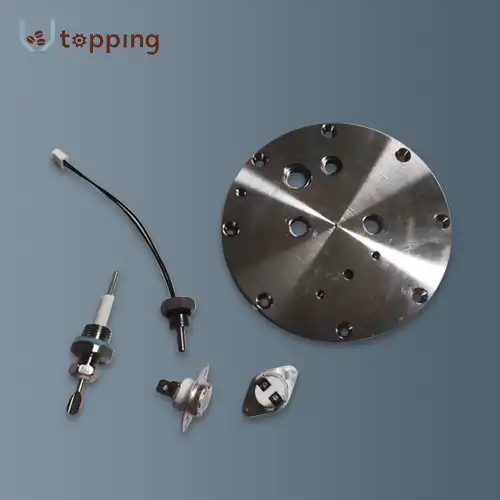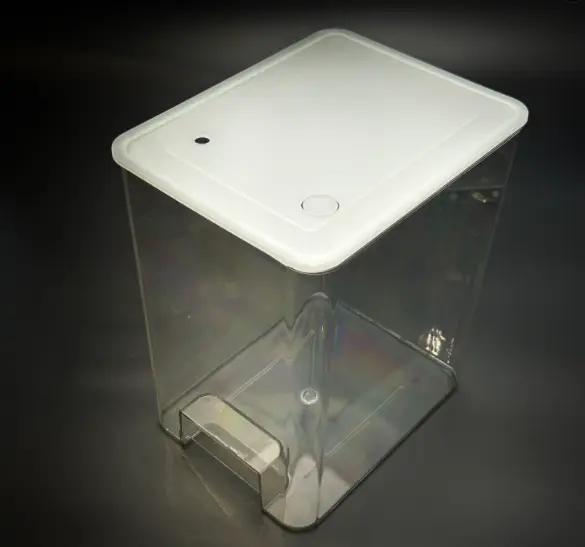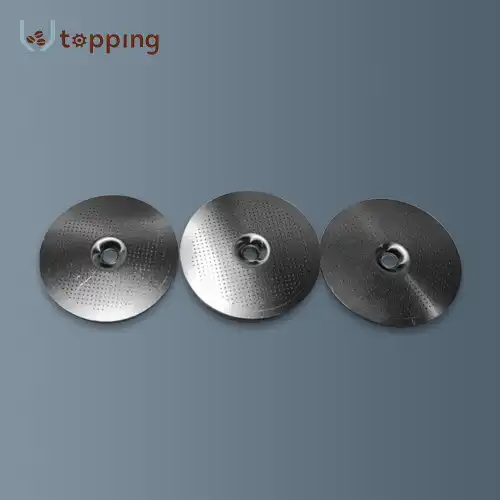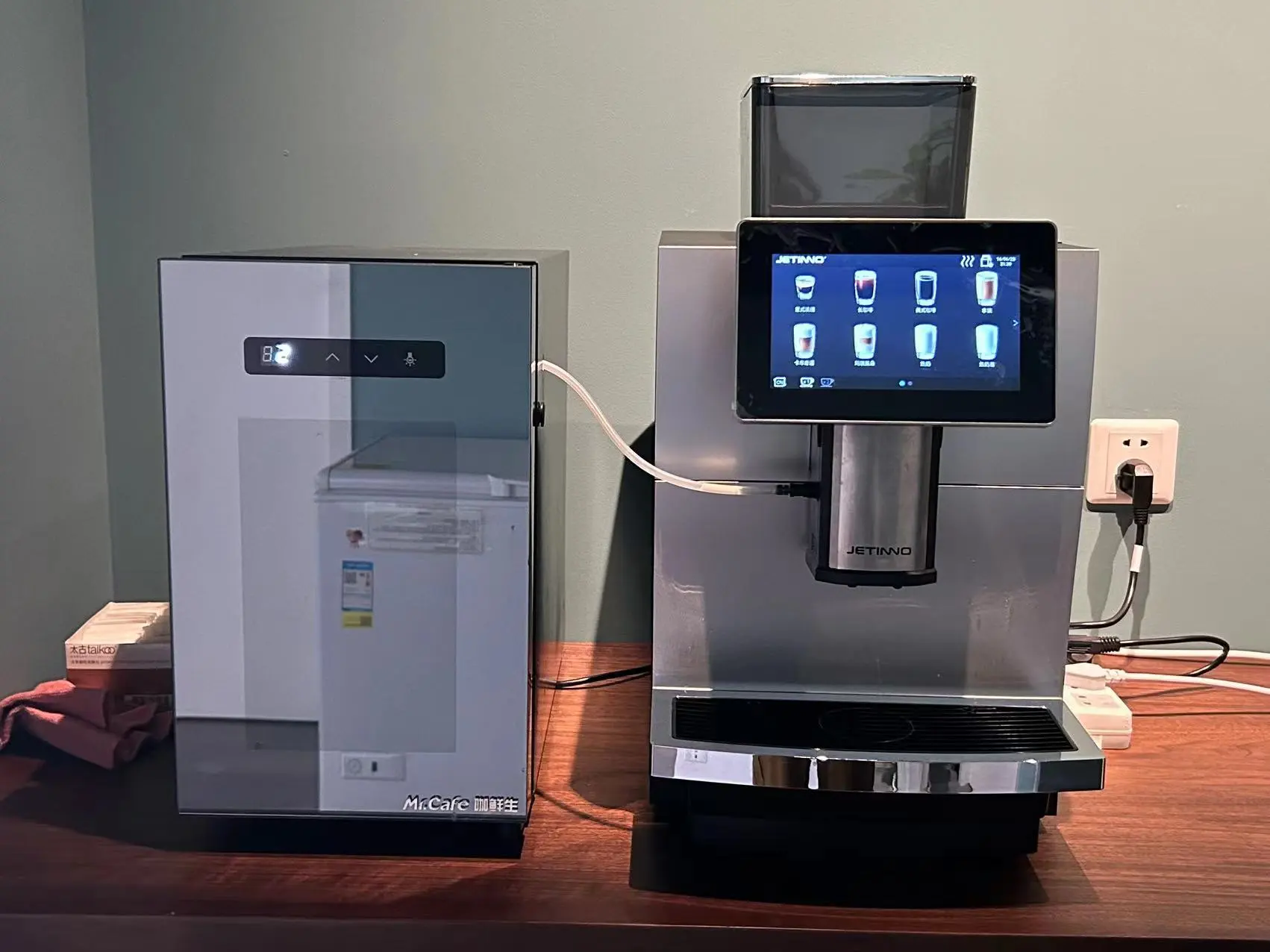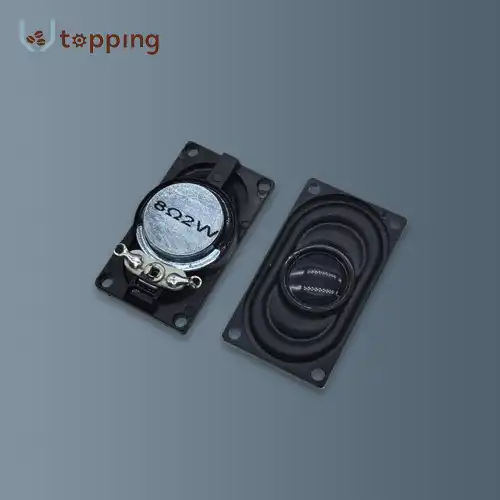How Quickly Do Coffee Machine Boilers Heat Up?
2024-07-23 10:28:13
Coffee Machine Boiler are integral to the functionality and overall performance of brewing equipment, influencing how quickly and efficiently your favorite cup of coffee can be prepared. The heating speed of these boilers is a critical factor in determining brew time, whether you're brewing at home or in a professional environment.
Several factors contribute to the heating speed of coffee machine boiler. Firstly, the size and capacity of the boiler play a significant role. Larger boilers generally have more heating elements and greater water capacity, allowing them to heat up more water quickly, thereby reducing brew time. Secondly, the type of heating technology employed also affects heating speed. Advanced boilers often utilize rapid heating elements or thermal blocks that heat water swiftly to optimal brewing temperatures.
Furthermore, the design and material of the boiler impact heat transfer efficiency. Stainless steel boilers, for instance, are known for their quick heat conduction properties compared to other materials. This efficiency not only accelerates the heating process but also ensures consistent water temperature, essential for extracting coffee flavors accurately.
In professional settings, where speed and consistency are crucial, manufacturers often integrate precise temperature control mechanisms and programmable settings into their boilers. These innovations help streamline the brewing process, allowing baristas to maintain high standards of coffee quality and service efficiency.
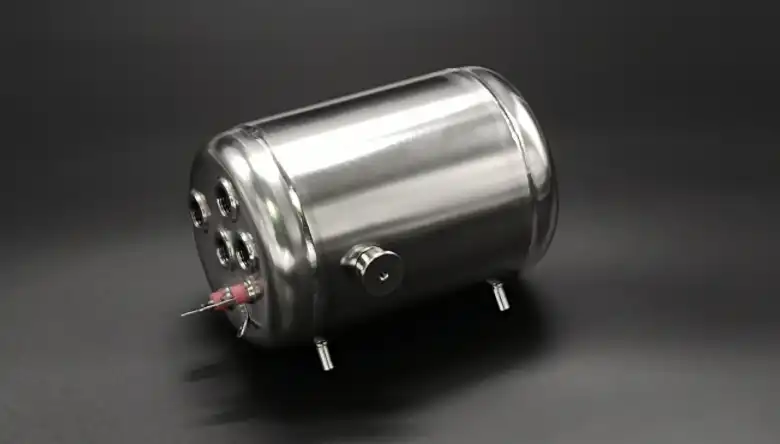
What factors determine the heating speed of coffee machine boilers?
Several factors contribute to the heating speed of Coffee Machine Boiler, influencing how quickly they can prepare your favorite brew. The type of heating element is a primary determinant; electric coffee machines commonly utilize thermoblocks or heating coils. Thermoblock systems rapidly heat water by passing it through heated blocks, achieving optimal brewing temperatures swiftly. In contrast, traditional boilers with heating coils may take longer to heat water uniformly.
Boiler size also impacts heating speed. Larger boilers typically accommodate more water and often feature multiple heating elements, accelerating the heating process. This is particularly advantageous in busy commercial settings where quick turnaround times are crucial.
Efficient insulation further enhances heating speed by minimizing heat loss. Well-insulated boilers retain heat effectively, reducing standby times between brewing cycles and conserving energy. This is beneficial not only for operational efficiency but also for maintaining consistent water temperatures, critical for achieving balanced coffee extraction.
For coffee enthusiasts and professionals, understanding these factors facilitates informed decisions when selecting coffee machines. Whether prioritizing rapid heating, energy efficiency, or precise temperature control, this knowledge enables users to choose equipment that aligns with their specific brewing requirements. In commercial environments, where speed and consistency are paramount, selecting machines with advanced heating technologies and robust insulation can significantly enhance overall productivity and customer satisfaction.
How does boiler size affect heating time and overall performance?
The size of Coffee Machine Boiler plays a crucial role in its heating capabilities and overall functionality. Larger boilers, owing to their greater water volume, typically necessitate a longer initial heating period. However, once heated, they excel in maintaining consistent brewing temperatures, making them ideal for high-volume environments where a continuous flow of beverages is required. This capability not only enhances operational efficiency but also ensures a steady supply of hot water for multiple servings without significant temperature fluctuations.
In contrast, smaller boilers heat up more swiftly but may struggle to sustain consistent temperatures during prolonged use, especially in settings with frequent demands for espresso or milk-based drinks. Manufacturers address these varying needs by offering machines with a range of boiler capacities, balancing rapid heating with stability to optimize workflow efficiency and customer satisfaction.
Recent advancements in boiler technology further refine these dynamics. Systems like dual boiler setups or heat exchange mechanisms enhance both heating speed and temperature uniformity. Dual boiler machines, for instance, feature separate boilers dedicated to brewing and steaming functions, enabling simultaneous heating and minimizing waiting times between tasks.
Coffee enthusiasts benefit from understanding these nuances when choosing equipment tailored to their brewing preferences. By evaluating factors such as boiler size, heating capabilities, and overall performance, they can select machines that not only meet their operational needs but also elevate the quality and consistency of their coffee experiences, whether at home or in commercial settings.
Can advanced heating technologies improve boiler efficiency and speed?
Advanced heating technologies play a pivotal role in improving boiler efficiency and speed in modern Coffee Machine Boiler. Innovations like PID (Proportional-Integral-Derivative) controllers regulate heating elements with precision, maintaining stable temperatures and minimizing heat-up times.
PID controllers monitor and adjust heating cycles based on real-time feedback, ensuring consistent water temperatures for optimal extraction of coffee flavors. This technology is particularly advantageous in specialty coffee preparation, where precise temperature control is essential for achieving nuanced flavors and aromas.
Furthermore, thermoblock systems and heat exchange mechanisms facilitate rapid heating by minimizing heat loss and maximizing energy transfer efficiency. These technologies enable coffee machines to reach brewing temperatures quickly and maintain thermal stability during peak usage periods.
Additionally, thermal management features, such as pre-heating systems or insulated boilers, contribute to energy conservation and operational sustainability. By reducing standby heat loss and improving heat retention, coffee machines equipped with advanced heating technologies enhance overall efficiency without compromising on performance.
Incorporating these innovations not only enhances the speed and efficiency of Coffee Machine Boiler but also elevates the quality and consistency of brewed coffee. Whether at home, in a cafe, or in a specialty coffee shop, the integration of advanced heating technologies underscores a commitment to exceptional coffee craftsmanship and customer satisfaction.
References
1. CoffeeGeek. (n.d.). Heating Elements in Espresso Machines. Retrieved from [CoffeeGeek](https://coffeegeek.com/guides/types/espresso/heating_elements)
2. Whole Latte Love. (2023). Choosing the Right Boiler Size for Your Espresso Machine. Retrieved from [Whole Latte Love](https://www.wholelattelove.com/blog/choosing-the-right-boiler-size-for-your-espresso-machine)
3. Perfect Daily Grind. (2021). Understanding Thermoblock vs. Boiler Systems in Espresso Machines. Retrieved from [Perfect Daily Grind](https://perfectdailygrind.com/)
4. Home-Barista. (2022). The Role of Insulation in Coffee Machine Boilers. Retrieved from [Home-Barista](https://www.home-barista.com/guides/the-role-of-insulation-in-coffee-machine-boilers/)
5. Seattle Coffee Gear. (2022). Innovations in Boiler Design: Advancements in Heating Technology. Retrieved from [Seattle Coffee Gear](https://www.seattlecoffeegear.com/blog/innovations-in-boiler-design-advancements-in-heating-technology)
6. Barista Hustle. (2020). Understanding PID Controllers in Espresso Machines. Retrieved from [Barista Hustle](https://www.baristahustle.com/blog/understanding-pid-controllers-in-espresso-machines)
Send Inquiry
Related Industry Knowledge
- Vending Machine Cup Dispenser Mechanism
- How stable is Control Board For Vending Machine over different temperature and voltage ranges?
- Advantage of vending machine touch screen in business
- How much of a difference does a coffee grinder make?
- What is the Brewing pressure of the coffee brewing Unit?
- Vending Machine Spiral Motor Types
- How to Fix Coffee Grinder Motor?
- Do I need a grinder for an espresso machine?
- What size sieve for removing fines from coffee?
- How Long Can Coffee Beans Stay in the Hopper?

.webp)
.webp)
.webp)
